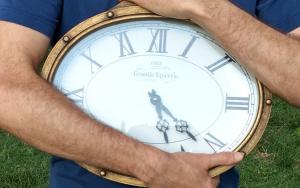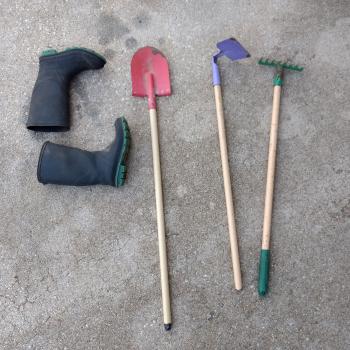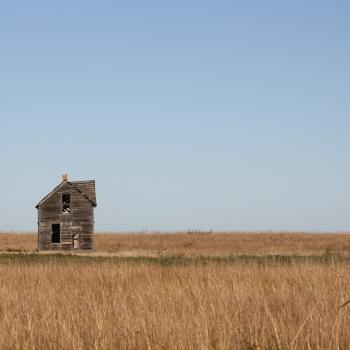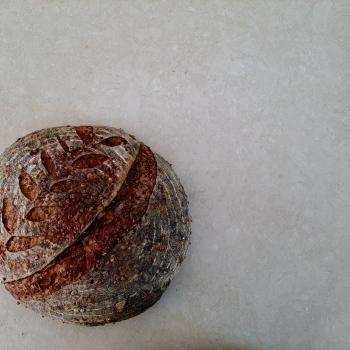
I wear an analog watch. It doesn’t monitor my pulse or tell me how many steps I’ve taken in a day. I can’t use it to send an email. It’s just a simple black dial with white numbering that requires me to turn the crown to set the date when we reach the end of months with less than 31 days. Fail to click the day ahead, and I’ll end up signing checks and documents “February 30” or “June 31.” I’ll lose track of what day it is.
It seems to me that as the pandemic has drug on, we’ve moved from the anxious phase to the what-day-is-it phase. The first phase was hard-edged and threatening. It felt like waiting for a hurricane to hit. This new phase feels more like being underwater. It’s soft, blurry, dreamy, and blue. The virus is always coming in our area but never arrives. It snipes victims seemingly at random. We lose track of what day it is.
In part, this is just what happens when we become unglued from the usual time markers. There’s no school. Games and events are canceled. Many of the things that we found life-giving are on hold.
But the hour hand’s tick-trudge masks a larger question: Are we receiving time as a burden, or a gift?
When time is a burden, there’s too much of it. As the Roman philosopher Seneca claimed, “It is a small part of life we really live. Indeed, all the rest is not life but merely time” (On the Shortness of Life). And time can be heavy as lead, smothering like deep-ocean pressure, brontosaurus slow. I’m sure you’ve felt this. Every distraction is worthy. The phones come out. We kill each hour by ripping its wings off.
This is what happens when we’re waiting for something: to arrive, to change, to give, to let up. It’s what’s been happening to a lot of us now as we wait for the other COVID shoe to drop. Time seems to slosh around rather than advance. When time is a burden like this, we get tetchy and impatient and nihilistic. Because the when of things is tied to their meaning, we can lose track of purpose, give up on growth, lose hope. Life becomes one more thing after another.
I’ve experienced this in the way that many of the usual activities of ministry have been curtailed. Hospital visits are out. Home visits are risky. We can gather for worship only under controlled circumstances. Don’t even think about planning any kind of outreach. I can all too easily find myself experiencing time as a burden and asking: What exactly am I supposed to do? It’s disheartening.
This is when we can (maybe) begin to realize that the fullness of life is not measured by length of days. Framed correctly, time can be received as a gift.
When we receive time as a gift, we experience gratefulness for the moments we’ve been given. We stop trying to sort every second along the crude axes of fun/boring, pleasant/painful, good/bad. We begin to take seriously what Jesus was getting at when he said: “Do not worry about tomorrow, for tomorrow will bring worries of its own. Today’s trouble is enough for today” (Matthew 6:34). We live in the moment in the only way that’s wise: not by pretending that tomorrow will never come, but by paying attention to the moment we’re in and receiving it as gift.
I don’t know any other way into this contemplative perspective than prayer. Having goals helps. Meaningful relationships are vital. Doing things that matter to us imbues life with purpose. But there’s nothing quite like prayer to sink markers of meaning into our day. Prayer buttons the spiritual and earthly aspects of our nature together.
I pray the psalms in the morning, evening, and just before sleep. Something about setting time to a sacred rhythm awakens me to its preciousness. When I mentally review my day as part of my prayers just before bed, I recognize how many points of joy there were. And seeing joy in hindsight trains me to keep watch with Christ in every moment.
I still look at my watch too much, but in snatches I start to receive time as God intended: as possibility, as grace, as gift.












